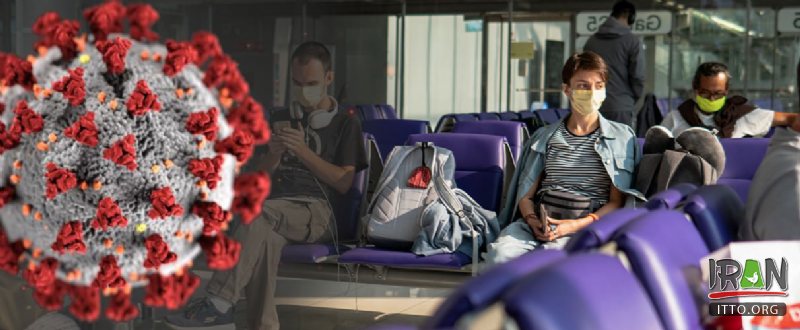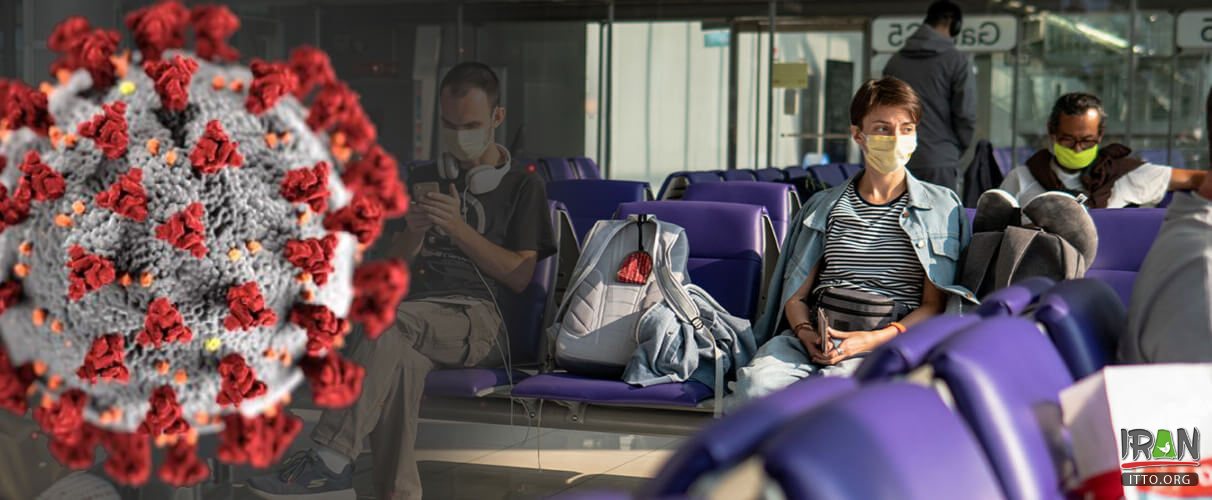As the coronavirus continues to spread across the globe, the question of whether to travel, and where it’s safe to go, has become increasingly complicated. Experts say you need to stay informed. Here, their advice on some of the most pressing questions facing people who might be considering traveling.
I have a vacation planned. Is it safe to go?
This is up to you, experts said.“People need to make an individual decision at this point, weighing the risks and benefits,” said Scott Weisenberg, an infectious disease doctor at New York University School of Medicine, and director of the university’s Travel Medicine Program.
Dr. Weisenberg said travelers should consult with a health care provider and monitor the Centers for Disease Control and Prevention website for the most up-to-date travel notices before making a decision. The C.D.C. has recommended travelers avoid “all nonessential travel” to destinations with Level 3 travel notices.
These countries include: China, Iran, South Korea and Italy.If you are an older adult or you have a chronic medical condition, the C.D.C. is advising you to avoid visiting Japan, which now has a Level 2 travel health notice.
If you are thinking about boarding a cruise, the C.D.C. recommends that travelers defer those plans - especially if they have an underlying health condition. Cruises group large numbers of people in very close proximity, which “promotes the spread of respiratory viruses, such as the virus that causes COVID-19,” according to the agency’s website.
If I cancel my flight, will I get my money back?
It depends. Typically, you would have to at least pay a cancellation fee or booking penalty if you did not buy a fully refundable ticket, which is usually more expensive.But the coronavirus has hit airlines hard, and many, including Delta, United and American, are loosening their booking policies and suspending cancellation or rescheduling fees.“
At the moment, the airlines are being very helpful,” said Jonathan Breeze, chief executive of Aardvark Compare Travel Insurance, a travel insurance company. “These are not normal circumstances and the airlines are seeing that people are not booking flights, so airlines are offering commercial flexibility.”
Will I be quarantined when I come back?
Possibly.If you travel to a city that does not have a large number of confirmed cases (or perhaps no cases at all) but the number of confirmed cases rapidly increases during your stay, it could affect what happens when you return home, Dr. Weisenberg said.“You might be restricted on your re-entry,” Dr. Weisenberg said, adding that you could be asked to quarantine yourself at home, or be placed in a special facility.
Even if you are not quarantined by health officials, some companies are requiring employees who have been traveling to work remotely, he added. And things are changing rapidly.“Those answers may vary depending on ongoing public health changes,” Dr. Weisenberg said. “Once we have widespread testing available, then it will be easier for travelers to have a better idea of what the risk is in different areas.”
Should I just stay home?
As of right now, Dr. Weisenberg cautioned travelers who might be tempted by a cheap airfare to put a lot of thought into whether they should book. Their safest option is to limit travel until the world has a better understanding of the virus, he said.“Think it through, don’t go on a whim,” he said.



